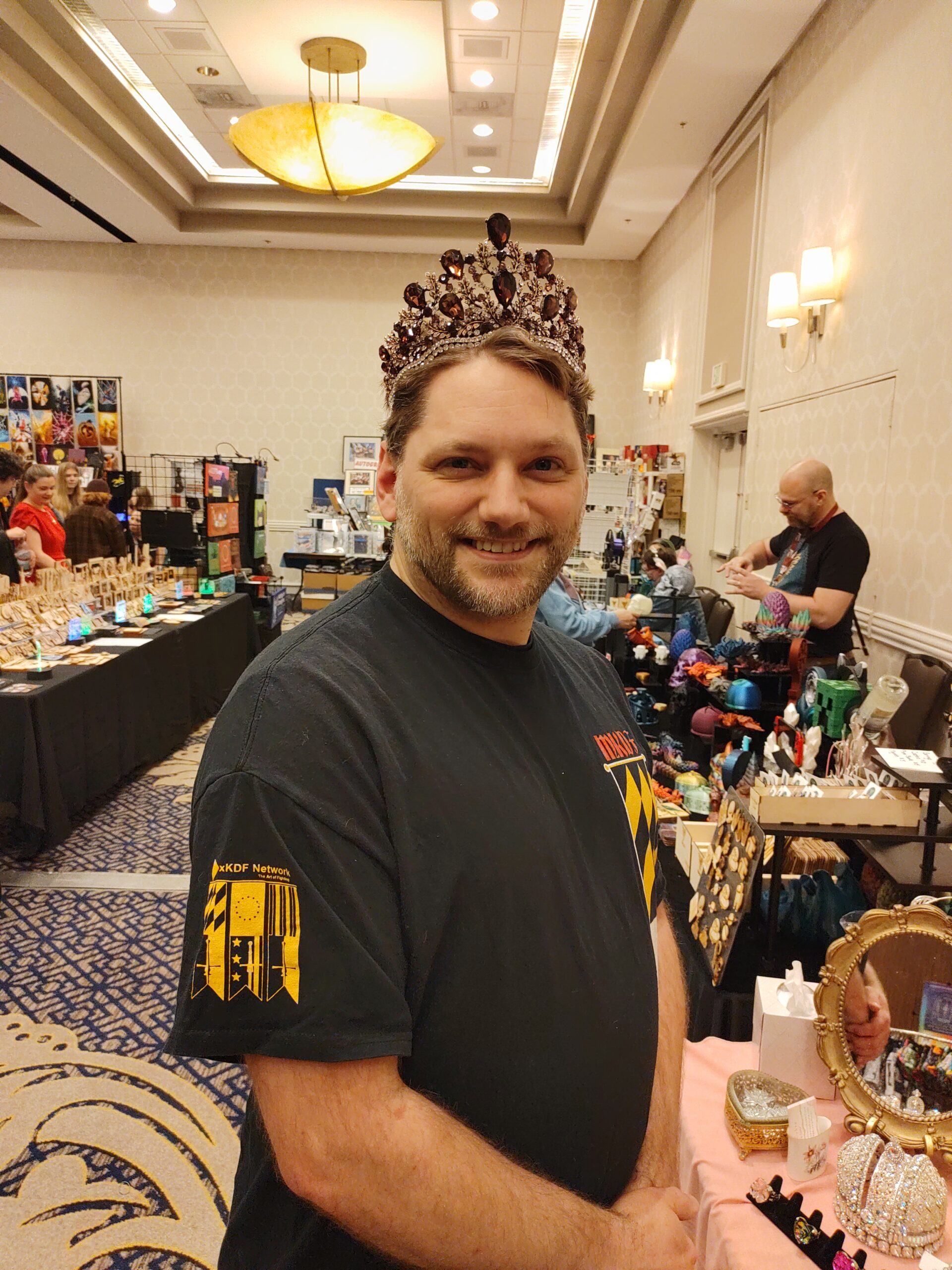I was at FarPoint Convention in Maryland this past weekend. It’s a great sci-fi con. I was there to support my friends and my Historical Swordfighting hobby. But it reminded me of a literary convention I attended years ago. One of the big things in the book world is adaptations. The goal of a lot of writers is to get their books optioned for TV or movies. And changing from one medium to another requires adaptations. And with those adaptations, there will be changes. The layout of a scene, the exact dialogue, the action, what does or doesn’t get shown. And it really got me thinking about Voiceover as adaptation.
Voiceover is a field that can include a large number of different things. Everything from commercials, animations, documentaries, telephone prompters, podcasts, radio, and audiobooks can be included in VO work. Just looking at Audiobooks, they’re a great way to read books. They’re an accessibility tool, especially for people who have a hard time reading. And they are “just” reading a book aloud. So how is it an adaptation?
Audiobooks are transformative.
They take the written word and make it audio. And there are plenty of discussions about AI text to speech and how they’re coming for VO jobs, but I’m not going to add to that discussion right now. Voiceover is transformative in a different way. If you think of a novel, and think of the different characters, you probably have some idea of how they look, how they act, and how they *sound*. Just reading words on a page we have our interpretation of how they sound, and that could be close or far from how someone else “hears” them when they read the same words. That changes with audiobooks.
When I’m preparing to read for an audiobook, I write down the characters as I read through the entire book. I write small personality traits to help me come up with their voice. That’s where the adaptation starts. I could just read the book straight without using new voices for characters, but I know that I like it when the book is performed and not just read. Performance means interpretation. And then I’ve created a voice for a character. It might be the same voice someone else hears in their head, or it could be vastly different. But once the book is recorded and listened to by others, it changes how they “hear” the characters. Even for the authors who listen to and approve the audiobook.
Voiceover is Adaptation.
It’s adapting the written word to the spoken word. And adaptation changes the written word progressively and retroactively. No one would say that Samuel L. Jackson didn’t change Nick Fury in the comic books. Or that they picture anyone but Tom Hanks as Forrest Gump. In a similar way, whenever I read a Caverns & Creatures book, I hear the characters in my head the way Jonathan Sleep narrates them in the audiobook. And I don’t think that’s a bad thing.
We can talk about how jarring it can be to listen to different narrators doing the same characters in different audiobooks, but even the different narrators influence and affect each other. And sometimes the author wants a change. Audiobook narration is hard. But using Voiceover to adapt the written word is awesome.
I hope you have a wonderful week, and enjoy the only picture I bothered to get this weekend, which is me wearing a tiara that I picked up for our in house sword tournament we’ll be doing in the spring. Some skilled person at LAD Historical Fencing is going to win this gaudy thing.
